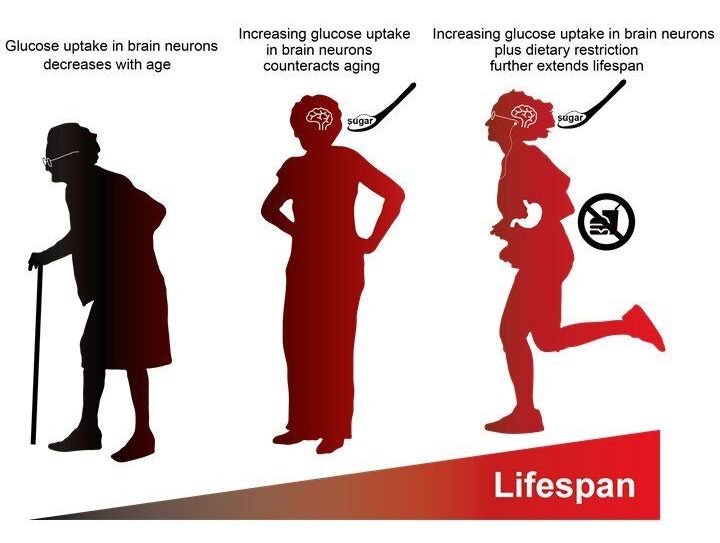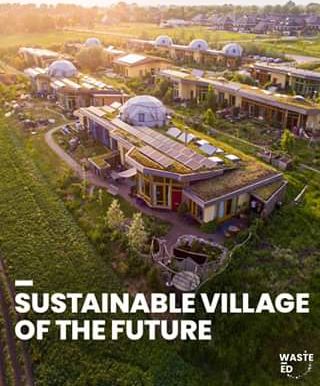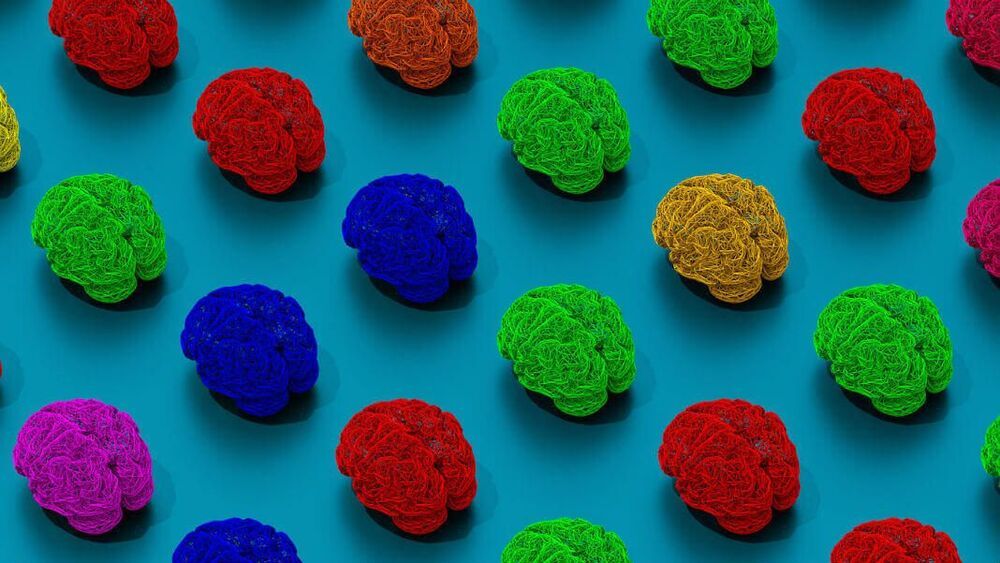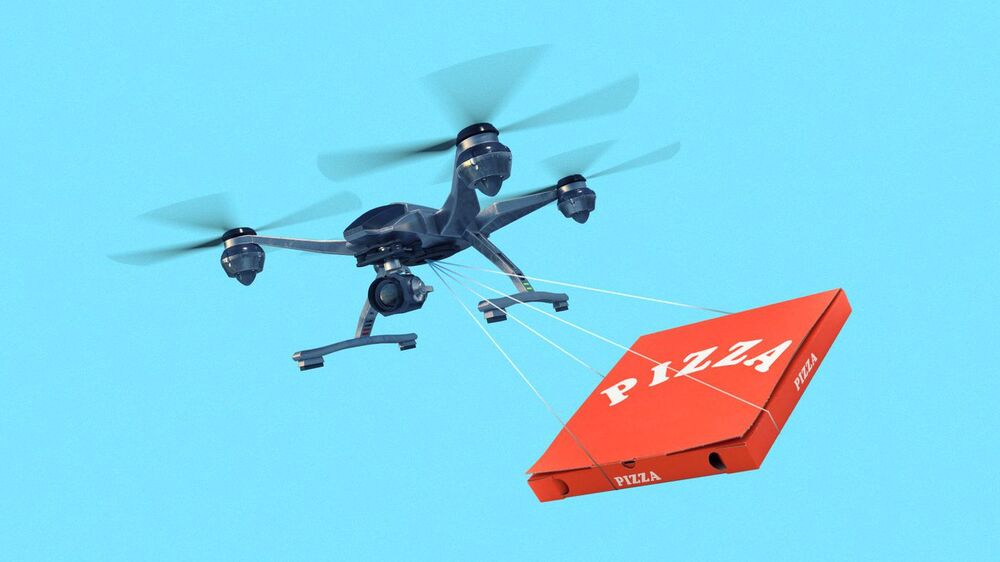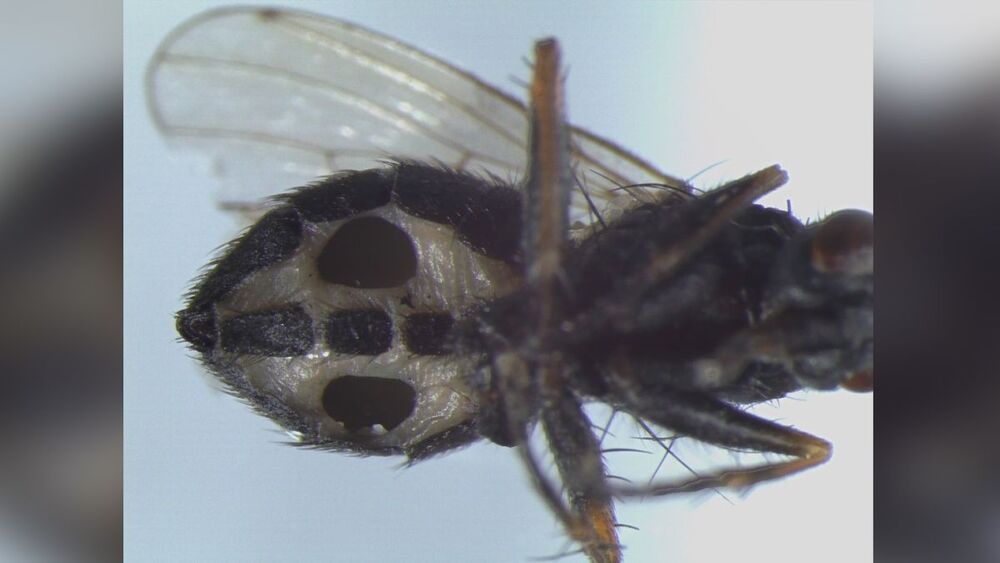How would you like to be able to create your own wine in only a couple of days? A new Kickstarter project called The Miracle Machine does just that.
Archive for the ‘food’ category: Page 159
Jan 19, 2021
Researchers create new form of cultivated meat
Posted by Shane Hinshaw in categories: biotech/medical, engineering, food
McMaster researchers have developed a new form of cultivated meat using a method that promises more natural flavor and texture than other alternatives to traditional meat from animals.
Researchers Ravi Selvaganapathy and Alireza Shahin-Shamsabadi, both of the university’s School of Biomedical Engineering, have devised a way to make meat by stacking thin sheets of cultivated muscle and fat cells grown together in a lab setting. The technique is adapted from a method used to grow tissue for human transplants.
The sheets of living cells, each about the thickness of a sheet of printer paper, are first grown in culture and then concentrated on growth plates before being peeled off and stacked or folded together. The sheets naturally bond to one another before the cells die.
Jan 19, 2021
Canon made a site that lets you ‘take photos’ from a real satellite
Posted by Jose Ruben Rodriguez Fuentes in categories: business, food, habitats, satellites
Rather than releasing any new cameras for CES 2021, Canon is doing something different: Letting you take pictures from space. The company has unveiled an [interactive site](https://redefinethelimits.us/space/cornerstone/experience) that allows you to use its CE-SAT-1 satellite, equipped with a lightly modified 5D Mark III DSLR, to grab simulated photos of locations including New York City, the Bahamas and Dubai.
Canon launched the wine barrel-sized microsatellite back in June of 2017. It holds an EOS 5D Mark III camera that’s fitted with a 40 cm Cassegrain-type (mirror) 3720mm telescope. Orbiting at a 600 km orbit (375 miles), it provides about a 36-inch ground resolution within a 3×2 mile frame, Canon claims. (By contrast, the world’s highest-resolution satellite, [WorldView-4](https://apollomapping.com/worldview-4-satellite-imagery?gcli…rT_D_BwE), can resolve down to 12 inches.) It also houses a PowerShot S110 for wider images.
Take ‘photos’ of Earth from space with Canon’s 5D Mark III camera.
Continue reading “Canon made a site that lets you ‘take photos’ from a real satellite” »
Jan 18, 2021
He may hold the winning ticket in tech and Silicon Valley knows it
Posted by Derick Lee in categories: business, education, finance, food, health
We are creating compelling homegrown solutions in education, health care, agriculture, infrastructure, financial services and new commerce,” Ambani said in his speech. “Each of these solutions, once proven in India, will be offered to the rest of the world to address global challenges.
Mukesh Ambani has spent years trying to turn his inherited oil business into a tech empire. In 2020, that pivot really kicked into overdrive.
Jan 18, 2021
Better diet and glucose uptake in the brain lead to longer life in fruit flies
Posted by Kevin Huang in categories: biotech/medical, chemistry, food, genetics, life extension, neuroscience
Researchers from Tokyo Metropolitan University have discovered that fruit flies with genetic modifications to enhance glucose uptake have significantly longer lifespans. Looking at the brain cells of aging flies, they found that better glucose uptake compensates for age-related deterioration in motor functions, and led to longer life. The effect was more pronounced when coupled with dietary restrictions. This suggests healthier eating plus improved glucose uptake in the brain might lead to enhanced lifespans.
The brain is a particularly power-hungry part of our bodies, consuming 20% of the oxygen we take in and 25% of the glucose. That’s why it’s so important that it can stay powered, using the glucose to produce adenosine triphosphate (ATP), the “energy courier” of the body. This chemical process, known as glycolysis, happens in both the intracellular fluid and a part of cells known as the mitochondria. But as we get older, our brain cells become less adept at making ATP, something that broadly correlates with less glucose availability. That might suggest that more food for more glucose might actually be a good thing. On the other hand, it is known that a healthier diet actually leads to longer life. Unraveling the mystery surrounding these two contradictory pieces of knowledge might lead to a better understanding of healthier, longer lifespans.
A team led by Associate Professor Kanae Ando studied this problem using Drosophila fruit flies. Firstly, they confirmed that brain cells in older flies tended to have lower levels of ATP, and lower uptake of glucose. They specifically tied this down to lower amounts of the enzymes needed for glycolysis. To counteract this effect, they genetically modified flies to produce more of a glucose-transporting protein called hGut3. Amazingly, this increase in glucose uptake was all that was required to significantly improve the amount of ATP in cells. More specifically, they found that more hGut3 led to less decrease in the production of the enzymes, counteracting the decline with age. Though this did not lead to an improvement in age-related damage to mitochondria, they also suffered less deterioration in locomotor functions.
Jan 17, 2021
Sustainable Village of The Future
Posted by Raphael Ramos in categories: food, habitats, sustainability
This eco village is 100% self-sufficient
Crafting organic containers by shaping the gourd fruit.
Take a sip of coffee from a cup that’s literally GROWN in nature! The gourd fruit can fill any form, making them perfect for crafting containers to hold food and liquids, no plastic needed!
Jan 16, 2021
Meet Assembloids, Mini Human Brains With Muscles Attached
Posted by Genevieve Klien in categories: food, internet, robotics/AI
The result was a bizarre, Lego-like human tissue that replicates the basic circuits behind how we decide to move. Without external prompting, when churned together like ice cream, the three ingredients physically linked up into a fully functional circuit. The 3D mini-brain, through the information highway formed by the artificial spinal cord, was able to make the lab-grown muscle twitch on demand.
In other words, if you think isolated mini-brains—known formally as brain organoids—floating in a jar is creepy, upgrade your nightmares. The next big thing in probing the brain is assembloids—free-floating brain circuits—that now combine brain tissue with an external output.
The end goal isn’t to freak people out. Rather, it’s to recapitulate our nervous system, from input to output, inside the controlled environment of a Petri dish. An autonomous, living brain-spinal cord-muscle entity is an invaluable model for figuring out how our own brains direct the intricate muscle movements that allow us stay upright, walk, or type on a keyboard.
Jan 15, 2021
Cities prepare for home delivery by drone
Posted by Genevieve Klien in categories: biotech/medical, drones, food
The Federal Aviation Administration has released new and looser rules for flying drones over highly populated areas and at night, effectively laying a welcome mat for future aerial deliveries of takeout food, Amazon packages, prescription drugs — you name it.
Why it matters: While the prospect of Jetsons-style convenience with less street gridlock is tantalizing, there are still plenty of logistical hurdles, and it will take some time for cities to figure out how to manage low-altitude air traffic as routinely as they do today’s road traffic.
Driving the news: FAA rules — handed down late last month — will require drones flying over cities to use remote identification technology, so people on the ground can tell what they’re doing and who owns them.
Jan 14, 2021
Newly discovered fungi turn flies into zombies and devour them from the inside out
Posted by Magaly Santiago in category: food
This type of fungi isn’t in the depths of the rainforest but in Denmark.
Nature scares sometimes.
Two newly discovered fungi eat flies from the inside out while dropping new spores out of holes dissolved in the living flies’ abdomens.



